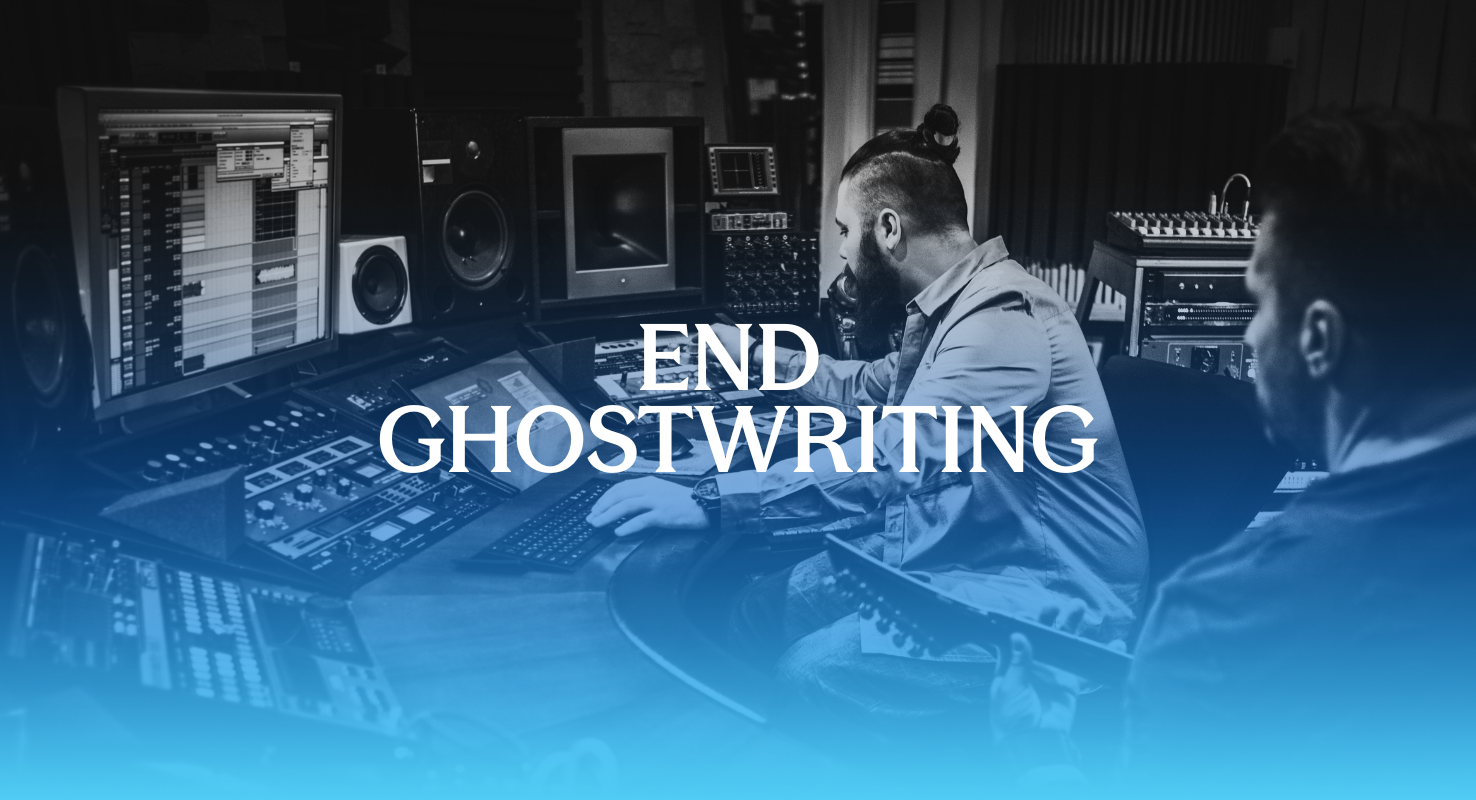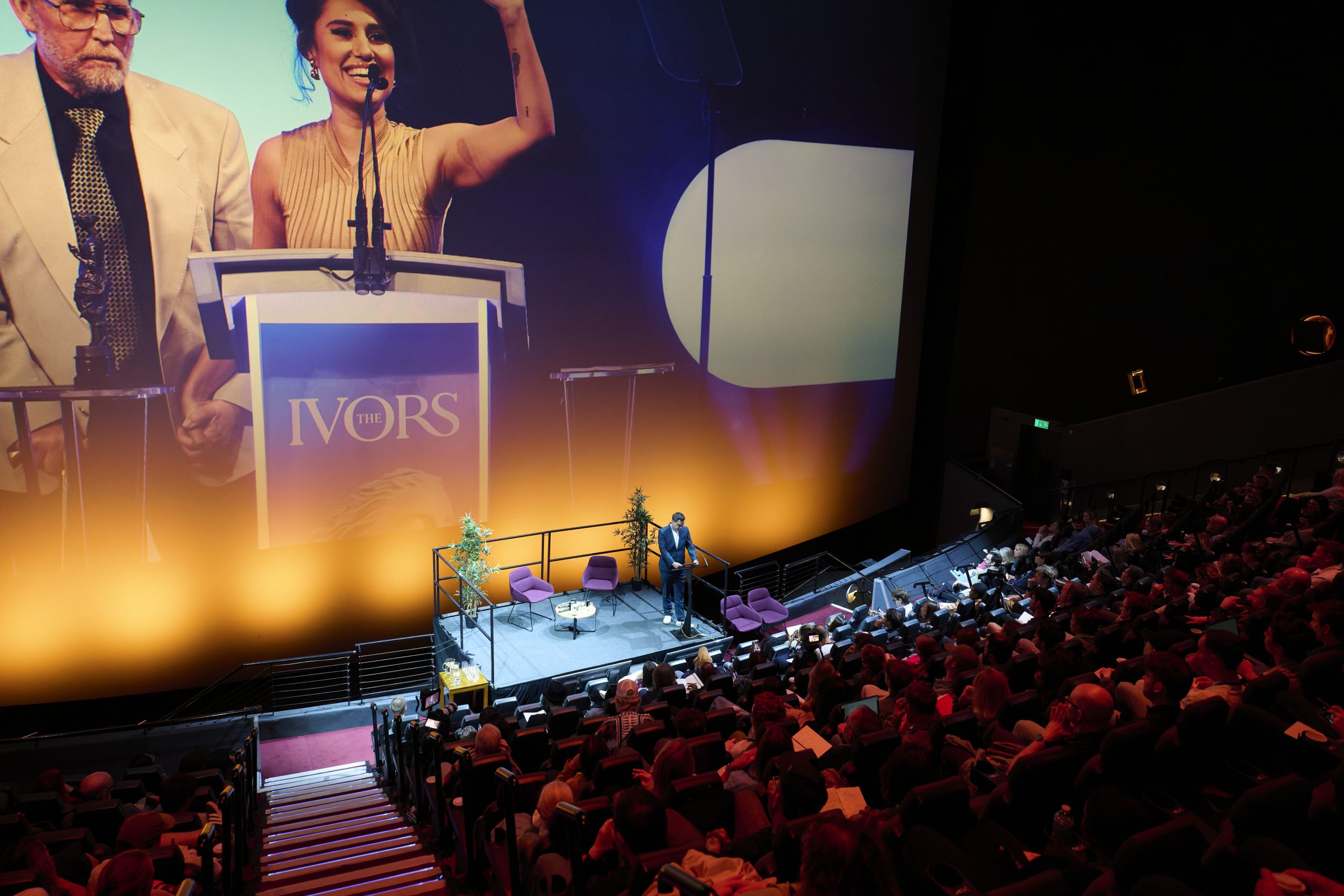It is a first step to give creators a clear understanding of how they are paid when their music is streamed.
The Ivors Academy has signed up to the code, along with other trade bodies from the UK music industry. There is now a six-month implementation period before it comes into effect.
We welcome the announcement as the beginning of tackling the systemic lack of transparency in streaming – a major frustration for songwriters and music creators. But the commitments are a good first step, not the end.
The Academy is a member of the Council of Music Makers, who have put out a statement:
The Council Of Music Makers welcomes the Transparency Code that has been agreed by the UK music industry today. Although the commitments in the code are modest, it provides a framework that can be used to start tackling the “systemic lack of transparency” in music streaming that was identified by the Culture, Media & Sport Select Committee in 2021.
Since then, the lack of transparency in streaming has increased, with individual streaming services announcing new business models, such as payment thresholds and spatial audio uplifts, developed without consultation with music-makers or their representatives, making it even harder to understand how they are paying through.
We now need everyone working in the industry to fully embrace the code, and to go above and beyond in providing music-makers with the information they need to properly manage, understand and audit the digital side of their individual music-maker businesses.
As the CMM, we will play an active role in monitoring ongoing transparency issues, working with the Intellectual Property Office, which will convene twice-yearly meetings.
When the code comes into force in six months time we will be launching a complaints mechanism via which music-makers and their managers will be able report non-compliance of the code and other transparency issues. We will then take up these issues with other music industry trade organisations and the IPO on behalf of our members.
We will also continue to call for more proactive communications from everyone in the digital music supply chain, and for much stronger commitments around licensing models, royalty chains and audits. And we will celebrate and champion best practice where we see it.
While this code – and last year’s data code – constitute some first steps, we are still a very long way from the “complete reset” of streaming demanded by MPs in 2021. The working group to discuss remuneration issues, announced last May, still hasn’t met. And certain major record companies refuse to engage with music-makers about their secret deals to change the streaming model and their moral obligations around AI. We call on everyone working at ALL music companies to demand the industry’s leadership stop procrastinating and start to properly engage and communicate with music-makers and their representative bodies.
The big music and streaming companies need to stop using ‘artist-centric’ as a hollow buzzword and actually put artists and other music-makers at the centre of their businesses.




